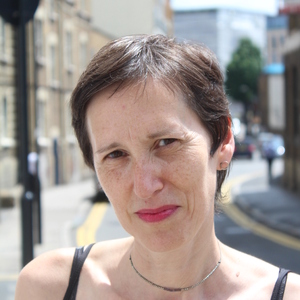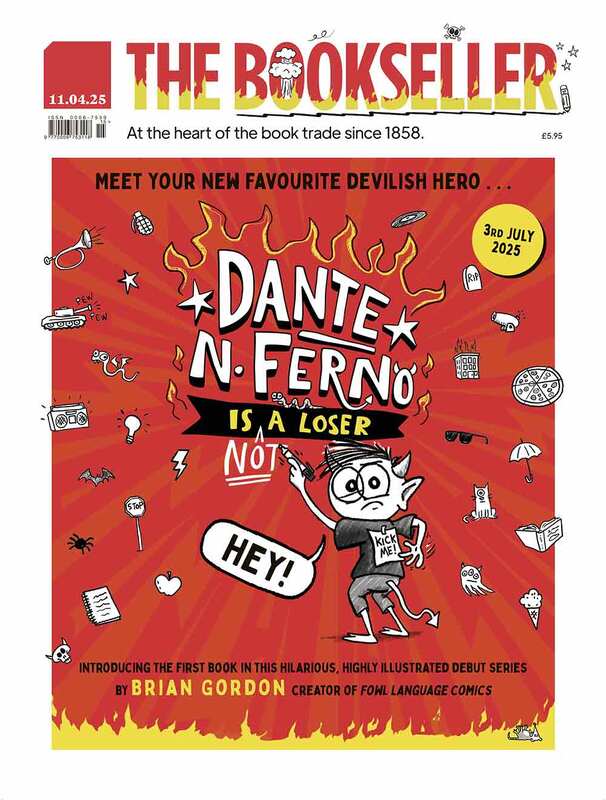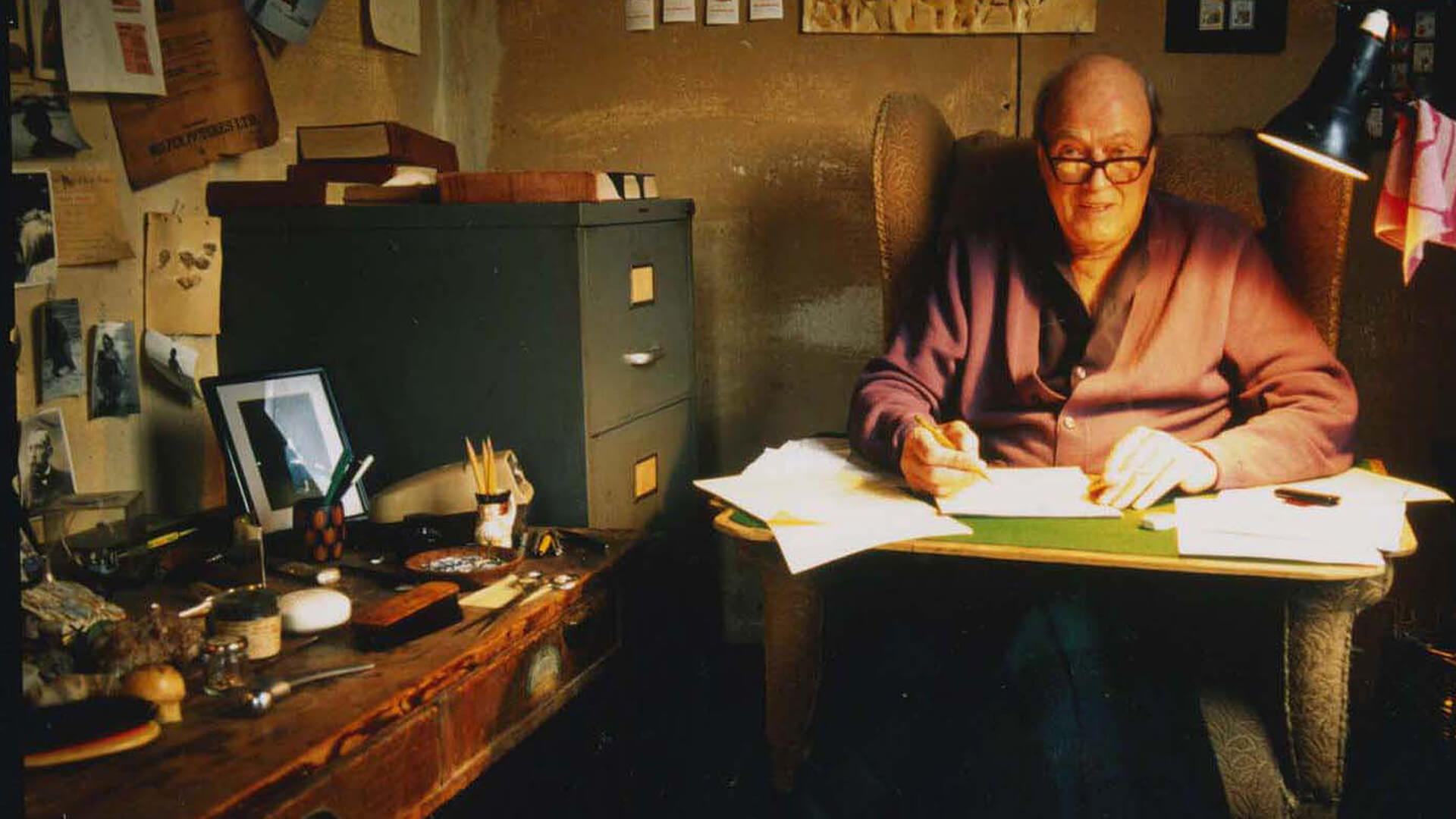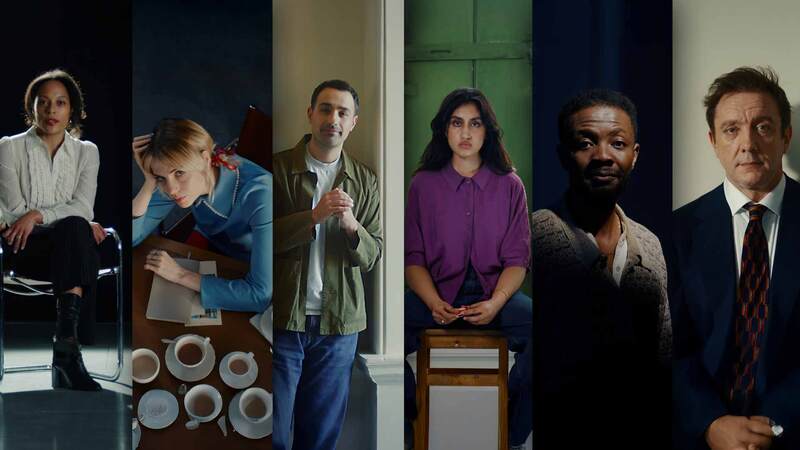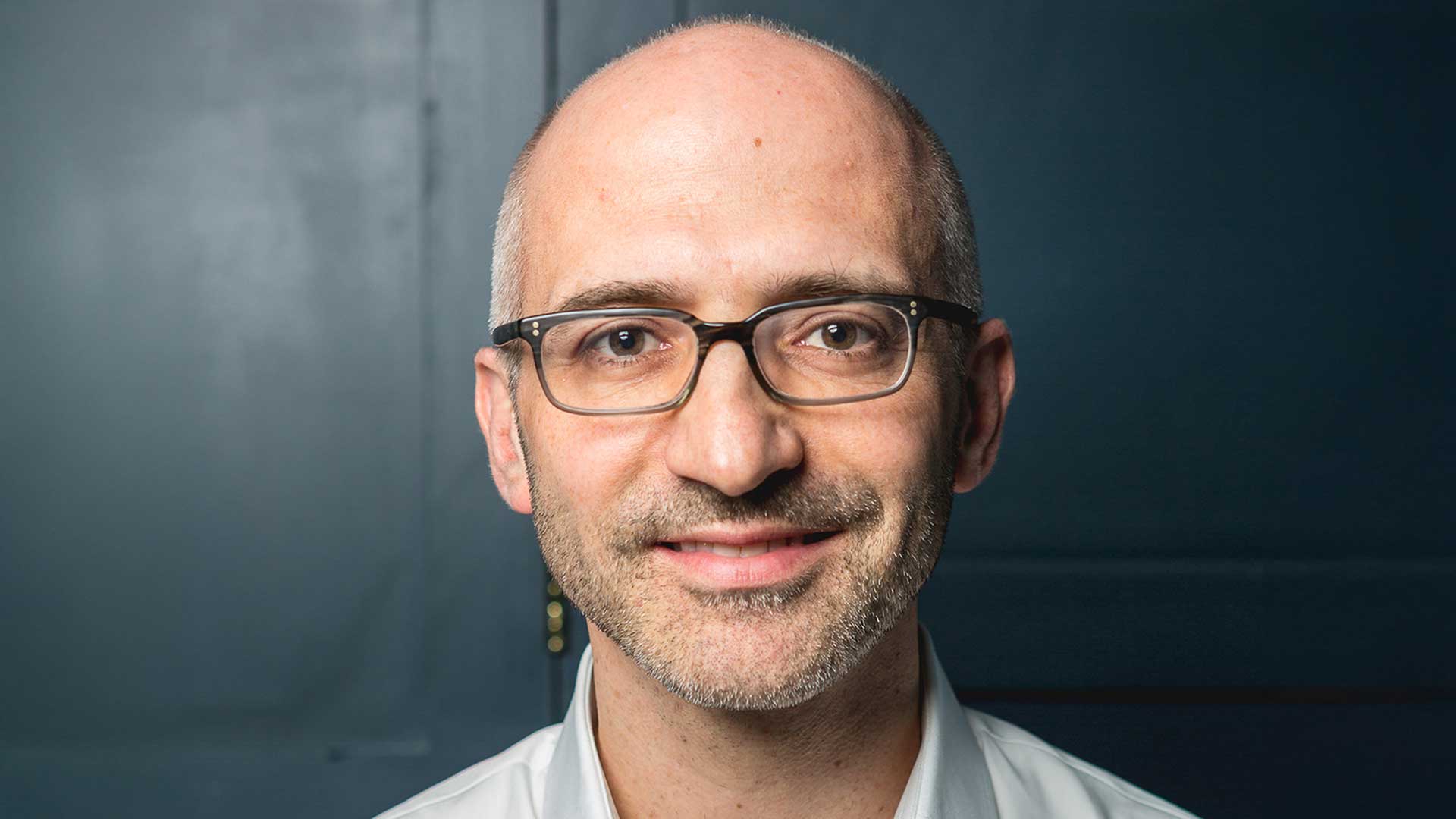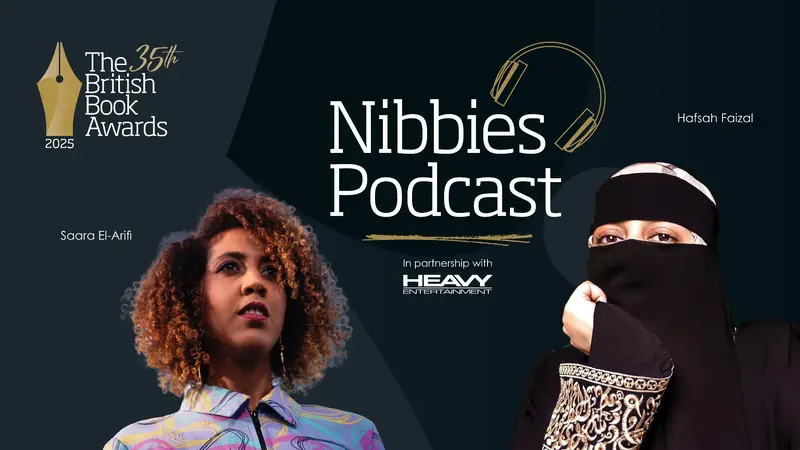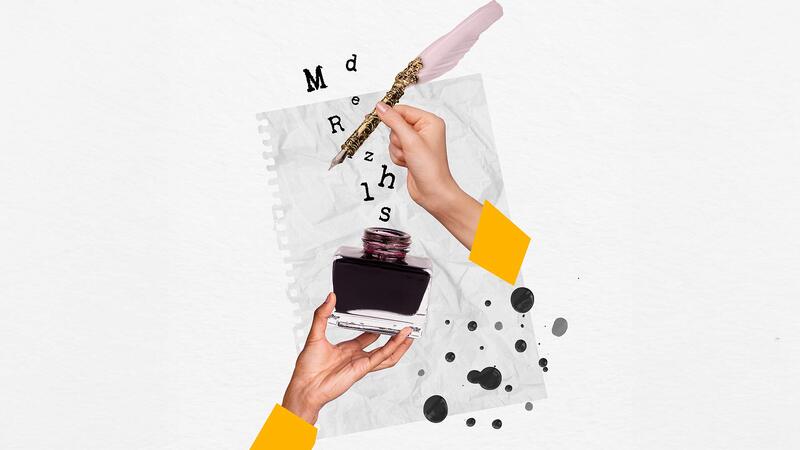You are viewing your 1 free article this month. Login to read more articles.
Good for business? It's still censorship
A focus on sales is no justification for altering authors’ works.
In the fallout following the news that Roald Dahl’s books have been sanitised, there has been a puzzling discussion around the meaning of censorship. More than one commentator has stated that Puffin Books and the Roald Dahl Story Company (now owned by Netflix) are not censors because this was a business decision. Joanne Harris, chair of the Society of Authors, tweeted:
Note to anyone who needs it today: Publishers updating a book - with the approval of the author's estate - to ensure its saleability is not censorship. It's just business. The Government forcing publishers to edit or suppress books to promote its own agenda? That's censorship.
— Joanne Harris (@Joannechocolat) February 20, 2023
It’s a curiously old-fashioned view of censorship—that it’s only when the state gets involved that we should worry. It’s also concerning that the chair of the trade union for writers does not feel moved to protect the work of all authors on principle. The implications of Harris’ statement are that it’s fine to rewrite authors’ work so long as it’s to ensure sales. Although there has been outrage over the rewriting of Dahl’s books (Jemimah Steinfeld, Index on Censorship’s editor, described it in her comment piece yesterday as a slippery slope), there has also been a certain distaste for a man whose views, and expression of them, are considered offensive, and a chilling acceptance of censorship as a good thing. In the Guardian, Gaby Hinsliff suggested that reworking classics is fine, so long as it’s done well, and described the mangling of Dahl’s books as "a hard-headed business decision" to ensure that they would not disappear like some of Dr Seuss’ titles, which were dropped by his publisher.
I’m not sure why business decisions are now a justification for censorship. They are as worrying as state censorship and in some ways harder to challenge
I’m not sure why business decisions are now a justification for censorship. They are as worrying as state censorship and in some ways harder to challenge. The practices of big tech have been a concern for years. Last year, all the big companies, including Apple, Microsoft, Google, Amazon, Netflix and Spotify signed a licence with the government of Indonesia that would require them to censor content and hand over data. No doubt this was also a "business decision". Apple has been accused of complying with censorship in China and Russia. Netflix also complies with government censorship in repressive regimes. All good for business, I’m sure.
So we should in fact be very worried about accepting any business decision as acceptable grounds for censorship. Once again, it’s become necessary to reassert the principle for protecting freedom of expression. You may think Roald Dahl’s books are out of date or offensive, but the integrity of his work should be protected. We would not repaint a work of art that outraged modern sensibilities, and literature, which is more vulnerable to censorship and easier to modify, should be treated with the same respect. Dahl was writing in another era, with different attitudes, and as readers we are capable of discerning and challenging those differences—and discussing them with our children. If the rewriting of Dahl is acceptable, then no writer is safe.
